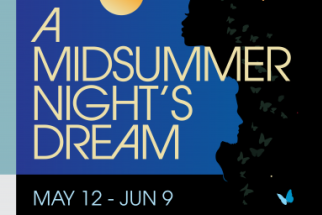Faith Hillis: Children of Rus': Ukraine and the Invention of a Russian Nation

During the recent crisis in Ukraine, Russian national interests in Ukraine became front-page news. In this talk, Prof. Hillis places the struggle for control of Ukraine in a broader historical context. The nineteenth century saw a powerful and transformative Russian nationalist movement sweep across what is today central Ukraine. Claiming to restore the ancient customs of the East Slavs, the region’s Russian nationalists sought to empower local Orthodox residents and to diminish the influence of non-Orthodox minorities. By about 1910, Russian nationalism had become the preeminent political force in central Ukraine, dwarfing the influence of rival national movements; indeed, the region boasted the most politically successful Russian nationalist movement in the entire tsarist empire.
Reconstructing how and why Russian nationalism took hold on the empire’s southwestern periphery, Prof. Hillis puts forth a bold new interpretation of the relationship between state and society and between center and periphery under tsarism. By examining how intellectual developments in the nineteenth century created the architecture for the horrific violence of the twentieth, this discussion reflects on the causes of and offers potential solutions for the current crisis in Ukraine.
Faith Hillis is assistant professor of Russian history at the University of Chicago. She is interested in politics, culture, and ideas in the Russian empire over the course of the nineteenth century. Her book,Children of Rus’: Right-Bank Ukraine and the Invention of a Russian Nation, was published by Cornell University Press in 2013. She is currently working on a second book-length project, a synthetic history of the so-called “Russian colonies” in Europe’s large cities in the nineteenth century. Examining the interactions of political émigrés, the tsarist secret police, and the ordinary Russians who left the empire in search of employment and educational opportunities, this project also considers how the presence of large Russian populations in the continent’s urban centers influenced European politics and everyday life. Her research has been funded by ACLS, Fulbright-Hays, IREX, the Mellon Foundation, and the Whiting Foundation, among others.
Sponsored by UMBC's History Department and by the Dresher Center for the Humanities.




